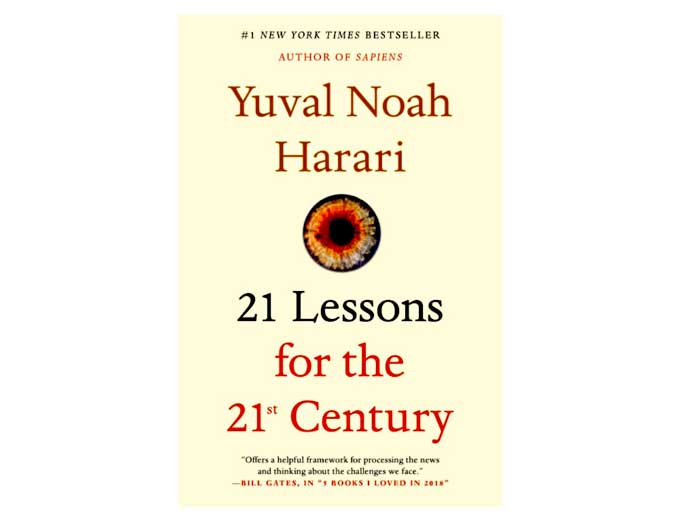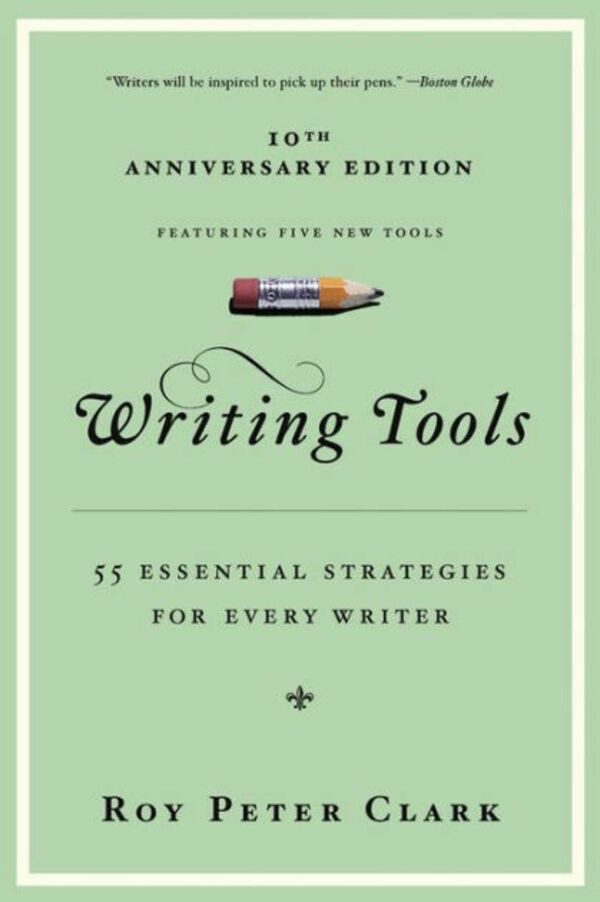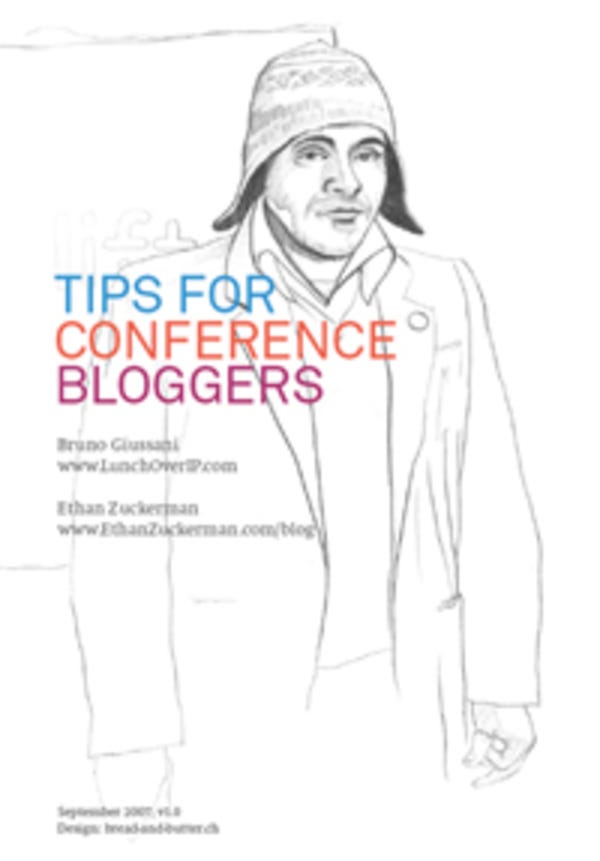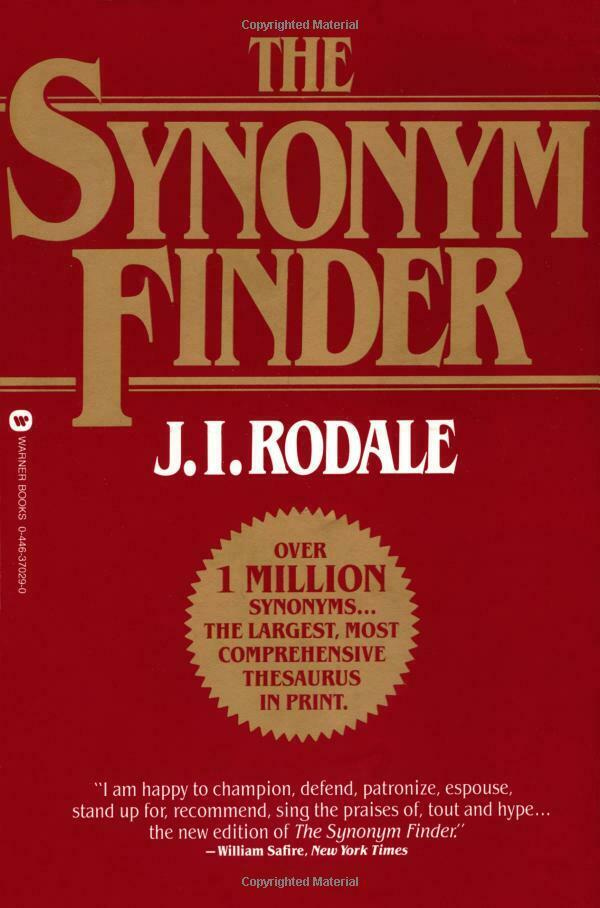Book Freak #51: Lessons for Living in the 21st Century

Short pieces of advice from books
Yuval Noah Harari has a PhD in History from the University of Oxford and lectures at the Hebrew University of Jerusalem, specializing in world history. His books include Sapiens: A Brief History of Humankind and Homo Deus: A Brief History of Tomorrow. Here are four piece of advice from his book, 21 Lessons for the 21st Century.
Admit ignorance and venture into the unknown
“It takes a lot of courage to fight biases and oppressive regimes, but it takes even greater courage to admit ignorance and venture into the unknown. Secular education teaches us that if we don’t know something, we shouldn’t be afraid of acknowledging our ignorance and looking for new evidence. Even if we think we know something, we shouldn’t be afraid of doubting our opinions and checking ourselves again. Many people are afraid of the unknown, and want clear-cut answers for every question. Fear of the unknown can paralyse us more than any tyrant. People throughout history worried that unless we put all our faith in some set of absolute answers, human society will crumble. In fact, modern history has demonstrated that a society of courageous people willing to admit ignorance and raise difficult questions is usually not just more prosperous but also more peaceful than societies in which everyone must unquestioningly accept a single answer. People afraid of losing their truth tend to be more violent than people who are used to looking at the world from several different viewpoints. Questions you cannot answer are usually far better for you than answers you cannot question.”
Switch from panic mode to bewilderment
“The first step is to tone down the prophecies of doom, and switch from panic mode to bewilderment. Panic is a form of hubris. It comes from the smug feeling that I know exactly where the world is heading — down. Bewilderment is more humble, and therefore more clear-sighted. If you feel like running down the street crying ‘The apocalypse is upon us!’, try telling yourself ‘No, it’s not that. Truth is, I just don’t understand what’s going on in the world.”
Choose your myths wisely
“When a thousand people believe some made-up story for one month, that’s fake news. When a billion people believe it for a thousand years, that’s a religion, and we are admonished not to call it “fake news” in order not to hurt the feelings of the faithful (or incur their wrath). Note, however, that I am not denying the effectiveness or potential benevolence of religion. Just the opposite. For better or worse, fiction is among the most effective tools in humanity’s tool kit. By bringing people together, religious creeds make large-scale human cooperation possible. They inspire people to build hospitals, schools, and bridges in addition to armies and prisons.
Understand yourself by observing the actual flow of body and mind
“It is fascinating and terrifying to behold people who spend countless hours constructing and embellishing a perfect self online, becoming attached to their own creation, and mistaking it for the truth about themselves. That’s how a family holiday fraught with traffic jams, petty squabbles and tense silences becomes a collection of beautiful panoramas, perfect dinners and smiling faces; 99% of what we experience never becomes part of the story of the self.
It is particularly noteworthy that our fantasy self tends to be very visual, whereas our actual experiences are corporeal. In the fantasy, you observe a scene in your mind’s eye or on the computer screen. You see yourself standing on a tropical beach, the blue sea behind you, a big smile on your face, one hand holding a cocktail, the other arm around your lover’s waist. Paradise. What the picture does not show is the annoying fly that bites your leg, the cramped feeling in your stomach from eating that rotten fish soup, the tension in your jaw as you fake a big smile, and the ugly fight the happy couple had five minutes ago. If we could only feel what the people in the photos felt while taking them!
Hence if you really want to understand yourself, you should not identify with your Facebook account or with the inner story of the self. Instead, you should observe the actual flow of body and mind. You will see thoughts, emotions and desires appear and disappear without much reason and without any command from you, just as different winds blow from this or that direction and mess up your hair. And just as you are not the winds, so also you are not the jumble of thoughts, emotions and desires you experience, and you are certainly not the sanitised story you tell about them with hindsight.”
Book Freak is one of our five newsletters from Cool Tools Lab (our other four are the Cool Tools Newsletter, Recomendo, Gareth’s Tips, Tools, and Shop Tales, and What’s in my bag?).
01/12/21








